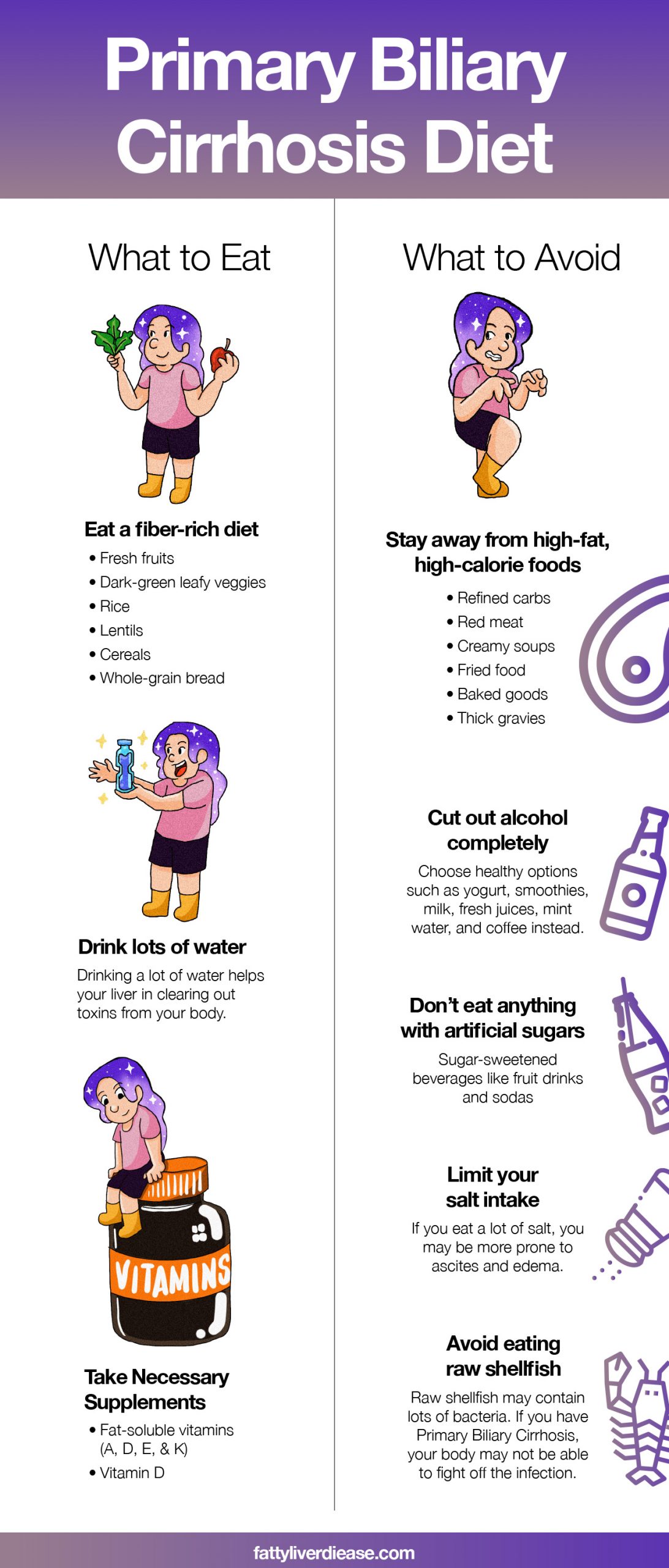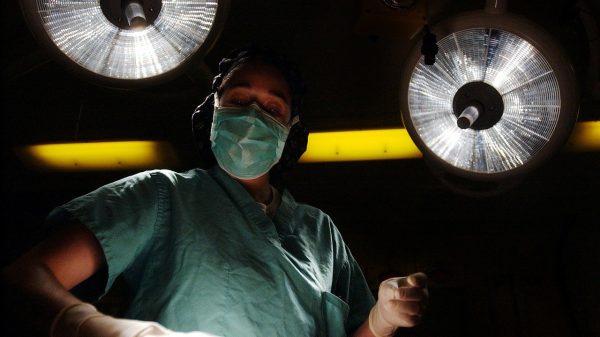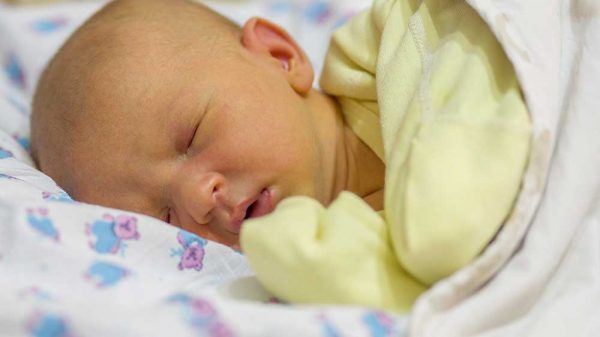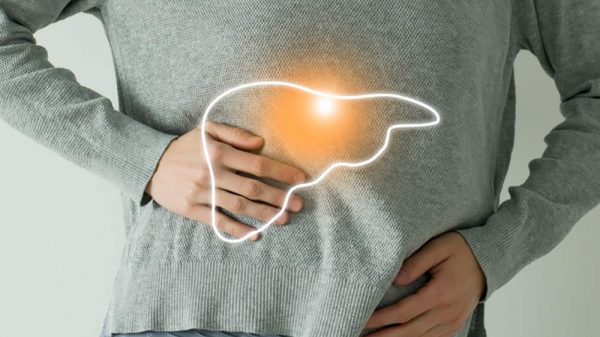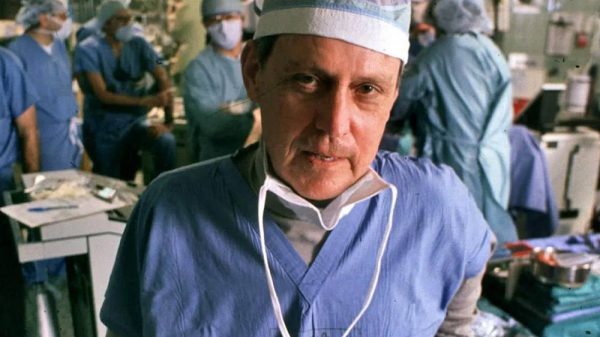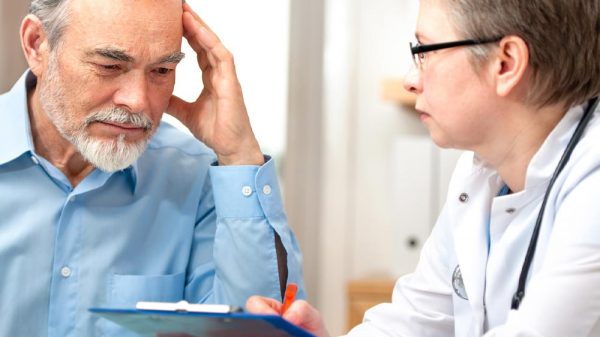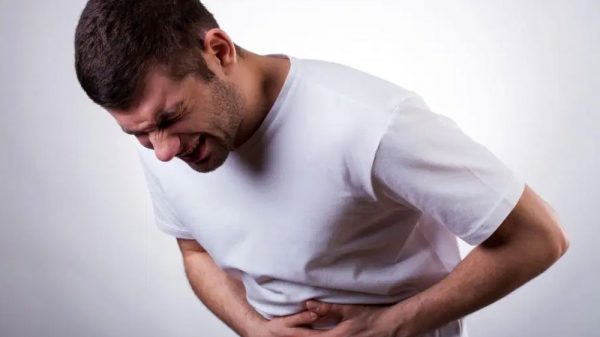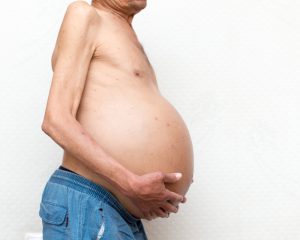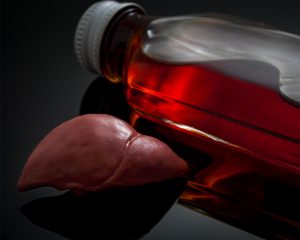The primary biliary cirrhosis diet is very necessary for those who have the condition. Sometimes, the condition is also called primary biliary cholangitis, abbreviated as PBC. PBC is a chronic health condition that affects the bile ducts and may spread to the liver. If you have PBC, it means your bile duct is being destroyed and there is inflammation. When this happens, bile would not be able to pass from your liver into your gallbladder. Your body makes bile in the liver, stores it in the gallbladder, and uses it mainly in the intestine. In the intestine, bile supports the digestive and absorption process. PBC has no cure as of this moment and the most effective way to manage it is to make changes in your diet and lifestyle.
If you have PBC, it is better to manage it on time and treat it properly. This would slow down the damage to the bile ducts and its resultant effect on your liver. If you don’t begin to manage it on time, it may damage your liver badly and cause liver failure. It can also lead to other life-threatening complications. PBC is in stages, depending on the extent of the damage. But regardless of what stage your PBC is, good nutrition is still very vital. It would help boost the function of your liver, even in its diseased state. It would also help you manage existing complications, as well as prevent further complications.
Primary Biliary Cirrhosis Diet: What to Eat
The things that go into your mouth matter a lot when you are managing PBC. To start with, your body’s ability to absorb certain nutrients is impaired. Such nutrients include fats and fat-soluble vitamins, as well as some minerals.
The impairment in nutrient absorption may cause malnutrition. You are eating enough, but your body is not getting enough. This may require you to tweak your diet and way of eating in a way that will favor your health status.
PCS can also affect your metabolism. When this happens, you won’t feel hungry and would end up eating less. This may require you to draw a meal plan that you will follow strictly whether you feel hungry or not.
A smart move, if you have PBC is to eat balanced diets with lots of fresh fruits, whole grains, and veggies. You may add certain supplements to your diet to make up for deficiencies.
Generally speaking, the following diet tips would help if you have PBC
- Eat a fiber-rich diet
You are most likely aware that fiber-rich foods have a lot of health benefits. Fiber has a very positive effect on the function of your liver. It helps it to function properly.
Try adding a copious amount of fiber-rich foods to your diet. Good examples include fresh fruits, dark-green leafy veggies, rice, lentils, cereals, and whole-grain bread. They will help meet up your daily requirement of fiber as well as boost your liver.
- Drink lots of water
Drinking a lot of water would assist your liver in clearing out toxins from your body. This significantly reduces the stress load on your liver. However, if you have ascites (swollen abdomen filled with fluid), you should ask your doctor first about how much water is safe for you.
- Take Necessary Supplements
Try your best to get all your nutrients from natural sources. But then, if it seems impossible, you can take supplements. The major supplements you may need are those for fat-soluble vitamins (A, D, E, & K). Vitamin D is of the utmost importance. It is necessary for strong bones.
What to Avoid If You Have PBC
- Avoid Fats
If you are managing PBS, you should go low-fat. This is even more important if you are overweight, obese, or you have a fatty liver. You should stay away from high-fat, high-calorie foods.
You should also stay away from refined carbs, red meat, and creamy soups. Oily food, baked goods, thick gravies, and fried foods may contain lots of fats too. You should try to avoid them. Instead of fried foods, eat steamed, boiled, or grilled foods
- Cut out alcohol completely
Alcohol is not friendly to the liver. Not even a little amount should go into your mouth if you have PBC. Be it wine, beer, or liquor, alcohol is a complete no if you have PBC.
You could choose healthy options such as yogurt, smoothies, milk, fresh juices, mint water, and coffee instead. These will keep you hydrated and preserve your liver.
- Don’t eat anything with artificial sugars
Sugar-sweetened beverages like fruit drinks and sodas should not be in your diet if you have PBC. The same goes for high-fructose corn syrup. If your liver absorbs too many sugars, there will be a resultant fatty deposit. This can make your condition worse.
You can, however, eat natural sugars like those found in fruits. Fruits are very good for your health anytime, including if you have PBC.
- Limit your salt consumption
If you eat a lot of salt, you may be more prone to ascites and edema. So opt for no-salt or low-salt foods as much as lies within your power. Processed foods have lots of salt in them, so you should avoid them.
- Avoid eating raw shellfish
Raw shellfish may contain lots of bacteria, so if you eat them, you may get bacterial infections. Raw shellfish may not have been a problem if your immune system is functioning properly. But then, PBC affects immunity, so your body may not be able to fight off the infection.
How About Physical Exercise?
You need to be physically active if you have PBC. You should not live a sedentary lifestyle if you have this condition. Make sure you engage in regular physical exercises. They would not only keep you fit, but they will also help you sweat out toxins and relieve the stress on your liver.
So then, if you have PBC, your bile duct and liver would experience some functional problems. What you can do to support your health in such a situation is to adopt a primary biliary cirrhosis diet, engage in regular physical activities, and get professional help from a licensed physician.
